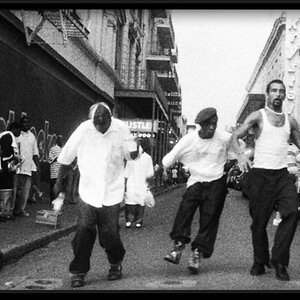Plato
TPF Noob!
- Joined
- Jul 11, 2009
- Messages
- 1,058
- Reaction score
- 1
- Location
- United States of America
- Website
- web.mac.com
- Can others edit my Photos
- Photos NOT OK to edit
FX is a FAD!
Like zippers and the Internet.
I'd be thrilled to have an FX body or two or three (except that I've been building up a collection of DX lenses since abandoning film) but it simply doesn't make economical sense for someone whose photographic income is less than $100k annually.


![[No title]](/data/xfmg/thumbnail/37/37623-b930ccd802f79b9c9cea990a7a5e5462.jpg?1619738153)
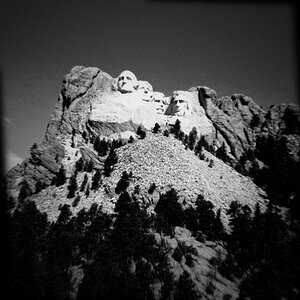


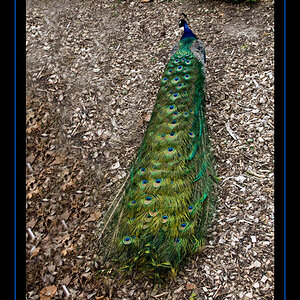
![[No title]](/data/xfmg/thumbnail/40/40310-01bec1b9b7918522bf21a09cf75c5266.jpg?1619739414)
![[No title]](/data/xfmg/thumbnail/31/31011-439c1242fe08cf6b54f32bf06523a567.jpg?1619734567)
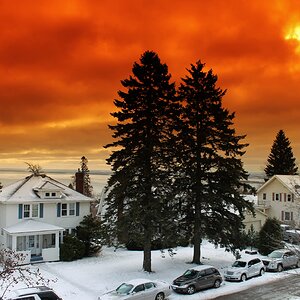
![[No title]](/data/xfmg/thumbnail/40/40308-f92e28f094216c151f3ad1fd7453c99b.jpg?1619739413)
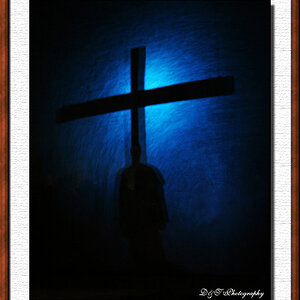
![[No title]](/data/xfmg/thumbnail/32/32929-22e23acc63d6ecb25e5ee941be87121f.jpg?1619735758)
